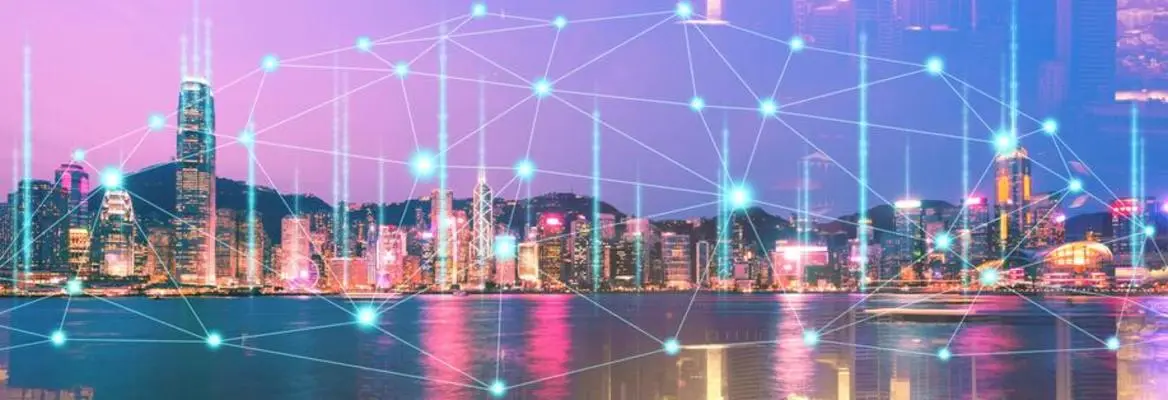If the future is a time that disappears as we approach it, how can we distinguish the future from the present? Only when we see a radical change both in the structures of society and consciousness can we say the future has begun. That change is born of the political tensions already embedded in our societies, argues Gerard Delanty.
The modern concept of the future is an ‘open future’ - a horizon of possibilities that disappear as we approach them. But, with this conception, how can we decide when the future begins? Has it already started? Or is there no future at all?
We live in the era of the Anthropocene - the period during which human activity has been the dominant influence on climate and the environment, generally thought to have begun after the great caesura of 1945. As we look into that horizon of possibilities, beyond the next thirty years, can we know when the next era will begin? Can we think beyond catastrophism?
If the future is not the present, it must be created when radically new interpretations of the present take root. This requires a transformation both of the structures of society and of the structures of consciousness – such a radical change could come about in three scenarios: transition, collapse or transformation.
A radical change through transition suggests that the future will be structurally different from that which has gone before. Think of the optimistic scenario of a post-capitalist future in which technology has freed people from oppressive work and exploitation (Mason 2016), or of a unified world in which the nation-state has vanished. Conversely, radical change through the total collapse of societal systems is dystopian thinking. There is clearly some basis for this - global warming probably will increase by 2 degrees in 30 years while the world’s population will increase by about 2 billion. But it is doubtful that this will lead to planetary destruction in the next thirty years. The third scenario is the most realistic route to the future. It is neither a new kind of society nor the total collapse of humanity. It is the transformation of current developments. To imagine the future, we therefore need to pay closer attention to the nature and dynamics of current social structures.
To imagine the future, we need to pay closer attention to the nature and dynamics of current social structures.
So what are the tensions in the present day which could create such a rupture from the present and transport us into the future? We find that there are four tensions embedded in our current societies which have the potential to create such a radical change and to produce their own visions of the future.
Labour vs Capital
The first is the now-familiar conflict between labour and capital, derived from the historical struggles of the 19th century. This conflict was the main political cleavage in many societies for much of the 20th century and it produced the vision of a future society based on social justice. This was the old left versus old conservatism. Since the late 1970s, this conflict has dwindled both as a political and as a social movement, but its vision has not vanished. The struggle for social justice is still very much alive but it has entered into new domains and with very different scripts.
New Right vs New Left















Join the conversation